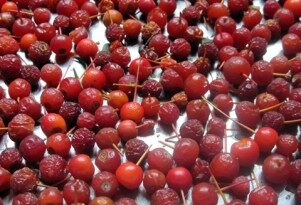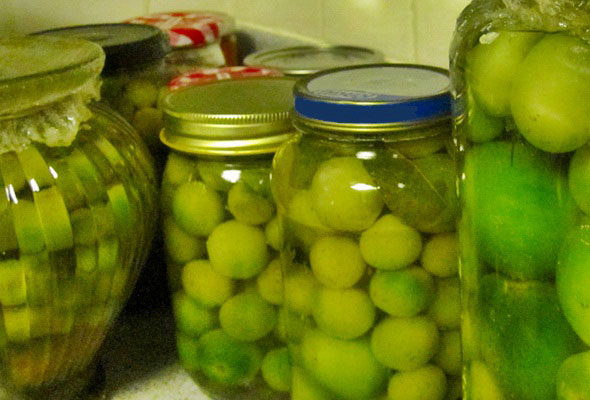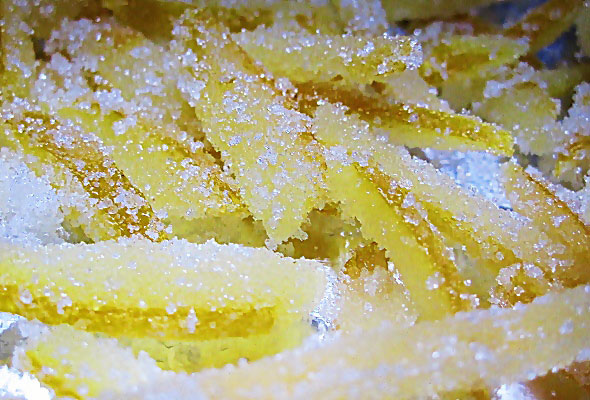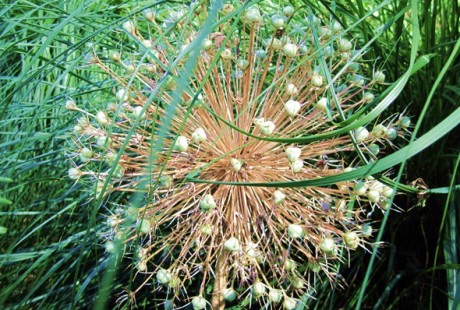keeping roses healthy
Having healthy roses is more about prevention than it is about cure. Give the shrubs plenty of space to prevent moisture from sticking to their leaves, make sure they have at least six, preferably eight hours of full sun a day, plant them in well draining soil with plenty of organic matter and try to water only their roots without touching their leaves.
That being said, even after the best of efforts, diseases and pests sometimes get the better of them.
Rose afflictions are pretty straight forward, some of them you can easily cure, others you can’t do anything about, other than remove the afflicted plant and hope the damage didn’t spread.
The easily cured rose afflictions are black spot, rust, powdery mildew, mites and aphids, and fortunately these are the most frequently encountered. A good all purpose fungicide treatment, soapy water or tobacco tea will easily take care of the predicament. Keep in mind that these problems tend to recur, so keep a keen eye on the garden and treat them as soon as they appear.
If you have trouble with mice, voles, rabbits or dear eating the plants, soapy water, tobacco or hot pepper tea will provide a solution for this too, although for larger animals fencing or netting might be more efficient.
The more serious diseases are canker, rose mosaic and blight. Canker and blight are fungal diseases, one affects the canes, seriously weakening roses that have been under stress, the other one rots the flowers from the inside and it’s wickedly contagious. The solution is to remove and destroy the afflicted parts and treat the soil around the plants because the fungus tends to overwinter in the ground. Rose mosaic is a viral disease that doesn’t spread but has no cure either. It’s telltale sign is the x-ray like pattern on the leaves that gave the disease its name. There is nothing you can do about it other than replace the plant. It can only be spread during the grafting process by using diseased material, so don’t worry about the health of your other roses.
Last but not least, Japanese beetles. This exasperating pest is at its peak during draughts and torrid summers, when the bugs simply devour the flowers, petals, stems, and all, until nothing is left. The usual advice is to pick off the insects by hand and drown them in a bucket of water, but they are very hard to control because they fly and move around entire areas very easily. The problem seems associated with very hot dry summers, so just sigh and wait them out.




 Previous Post
Previous Post Next Post
Next Post




